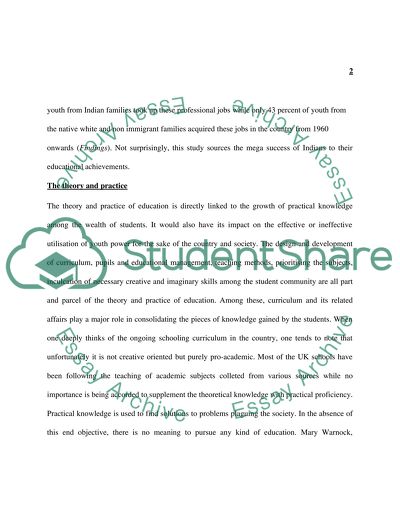Cite this document
(“Educational Sector in the Great Britain Essay Example | Topics and Well Written Essays - 2000 words”, n.d.)
Educational Sector in the Great Britain Essay Example | Topics and Well Written Essays - 2000 words. Retrieved from https://studentshare.org/education/1516252-educational-sector-in-the-great-britain
Educational Sector in the Great Britain Essay Example | Topics and Well Written Essays - 2000 words. Retrieved from https://studentshare.org/education/1516252-educational-sector-in-the-great-britain
(Educational Sector in the Great Britain Essay Example | Topics and Well Written Essays - 2000 Words)
Educational Sector in the Great Britain Essay Example | Topics and Well Written Essays - 2000 Words. https://studentshare.org/education/1516252-educational-sector-in-the-great-britain.
Educational Sector in the Great Britain Essay Example | Topics and Well Written Essays - 2000 Words. https://studentshare.org/education/1516252-educational-sector-in-the-great-britain.
“Educational Sector in the Great Britain Essay Example | Topics and Well Written Essays - 2000 Words”, n.d. https://studentshare.org/education/1516252-educational-sector-in-the-great-britain.


